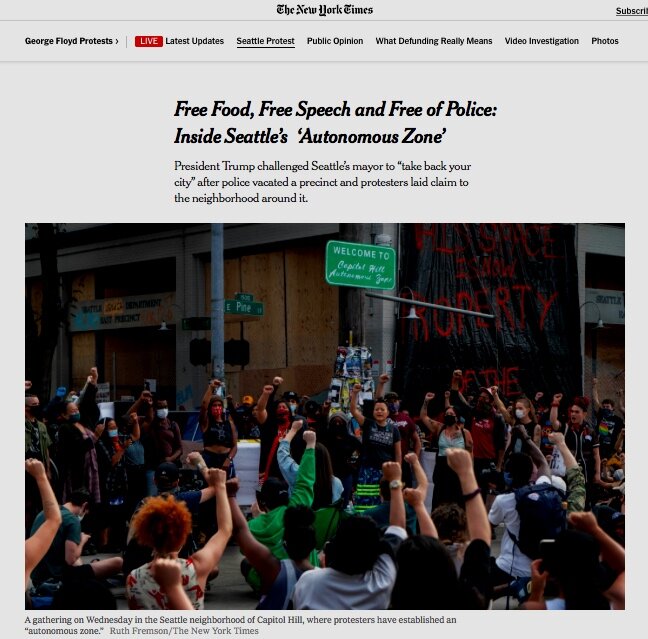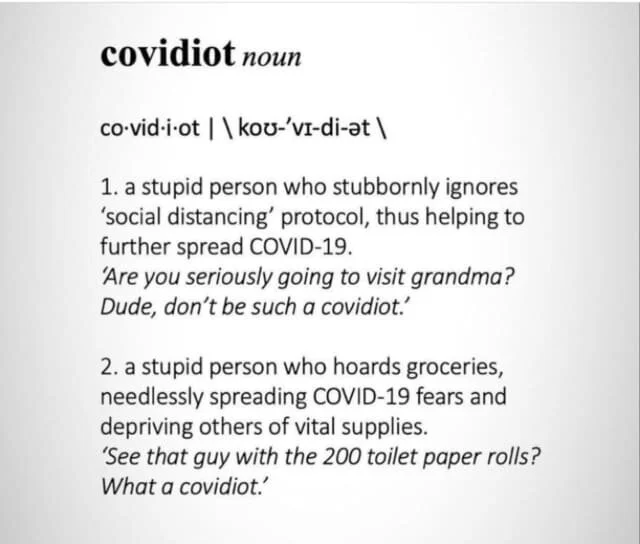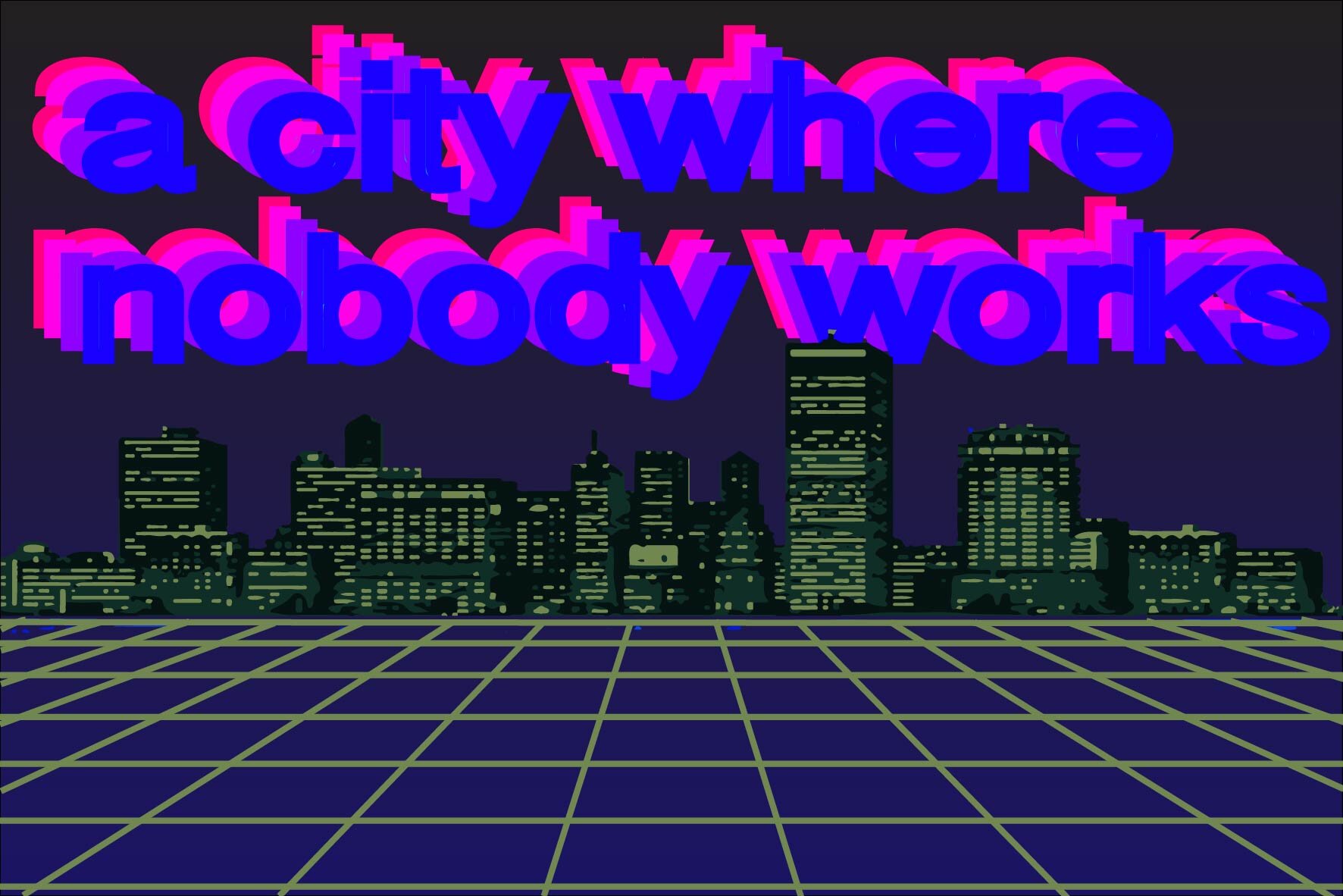We’ve all heard some version of the saying that “you can’t pour from an empty cup,” meaning that the person who isn’t taken care of will struggle to take care of others. In recent years, in response to both the traumas of living in a world such as ours (with its unique blend of turmoil and denialism; stresses/harms and pervasive gaslighting), and the burnout experienced by many activists, there has been a growing emphasis on self care and healing. Adjacent to, and sometimes sharing space with these are calls for personal growth and transformation, based in therapeutic, spiritual and cultural practices that, at their most emancipatory, wage a “microrevolution” against the harmful conditioning that a hierarchical society instills in all of us. Healing, taking care oneself ourself, and transfiguring one’s subjectivity are all indispensable features of any truly transformative project, and without these in place, one cannot expect to get very far in their efforts to remake the world. But on their own these are insufficient, and can even be downright harmful. Against the idea that self-care is always inherently a revolutionary, we agree with the rejoinder that “self care is only revolutionary if you’re a revolutionary.” Like other kinds of care and collectively-produced value, like domestic labor in the household, emotional labor and all kinds of care work, these social resources can just be used to prop up hierarchy, disparity and systems of exploitation by reproducing the labor power, vitality and morale that keep everything operating smoothly. Today, massive industries dedicated to bolstering the physical, social, spiritual and emotional needs of the elite and the high-value cognitive laborers increasingly appropriates the languages of self care, healing, and self-improvement in order to make the system run better and its beneficiaries more effective and secure in their equanimity. All sorts of products and services offer wellbeing-for-a-price to a population weary and overworked, while, on a perhaps even more deleterious level, a variety of drugs offer temporary sanctuary from the stresses of the world. We should reject any approach to personal transformation that ignores societal transformation, just as we should reject supposed societal transformation that ignores personal transformation. We should view these as inherently interlocking processes, which can elevate and empower one another, or, if one or the other is absent, undercut and undermine one another.
Writings
Featured
Incumbent Disadvantage


















